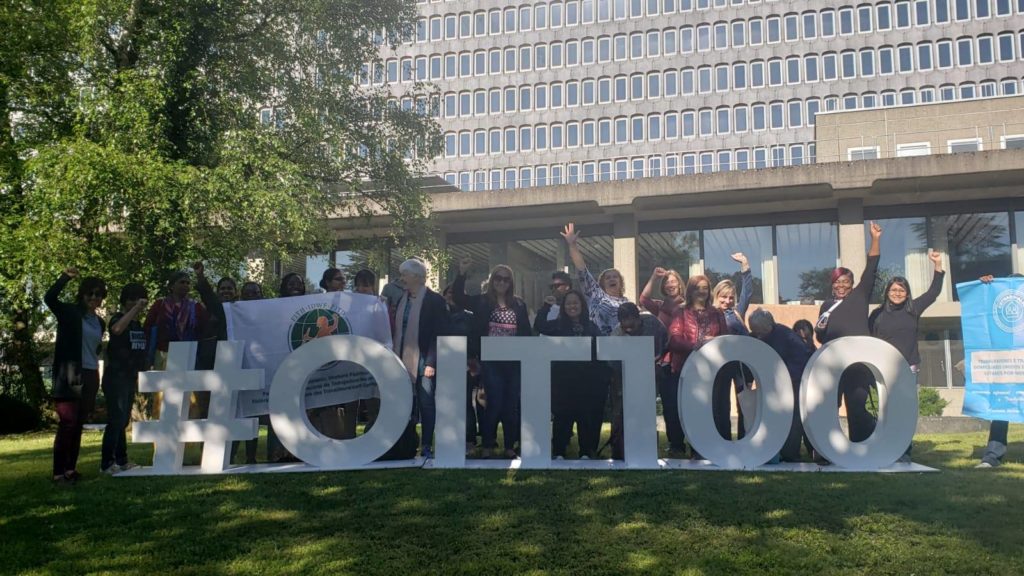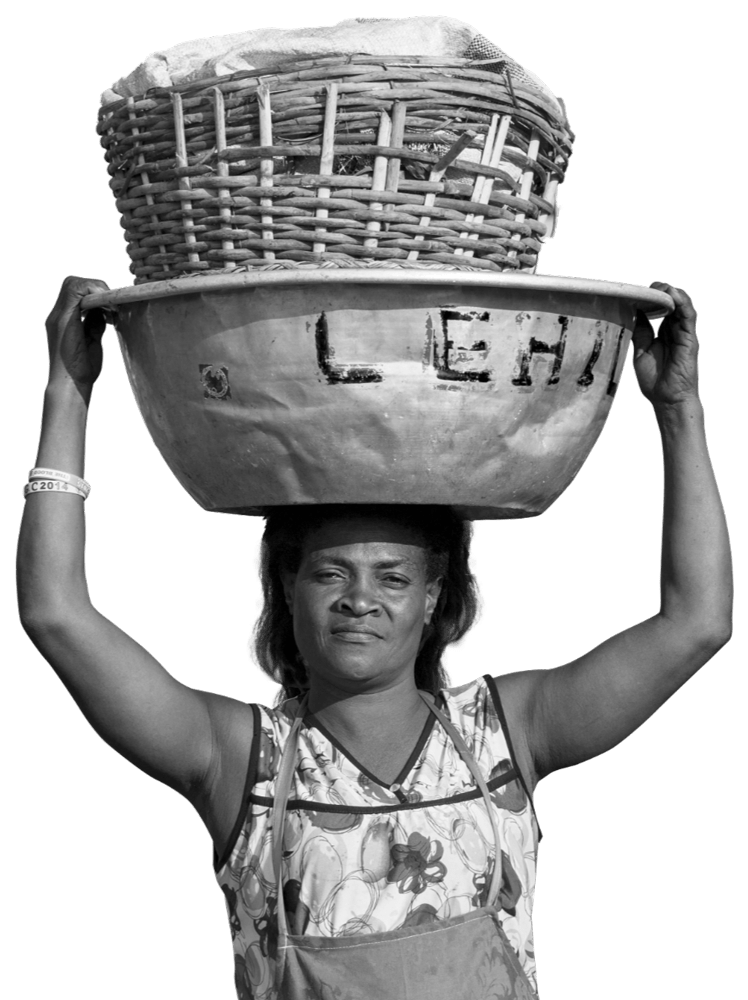Subscribe to our E-Letter!
Subscribe to our e-mail and stay up-to-date with news and resources from street vendors around the world.
Home | Our history
StreetNet International was officially launched on November 14, 2002. On this date, an alliance of street vendors was launched in Durban, South Africa, gathering membership-based organizations (unions, cooperatives or associations) directly organizing street vendors, market vendors and/or hawkers among their members.
The launch was the result of a three-year preparation to set up StreetNet as an organization. Three regional workshops were conducted in Lima, Peru (2001), Patna, India (2002), and Accra, Ghana (2002). These workshops were focused on debates and concerns regarding the need to establish an international federation of street and market vendors. Discussions also covered structural issues that should be taken into account in the founding of that organization. Some guiding themes included: How to maintain women’s leadership and avoid traditional male domination in trade unions, especially considering that vending is an informal economy sector that is predominantly female; how to ensure an organization with autonomy regarding political parties; how to be financially self-sustainable and how to ensure that the organization is not dictated by northern countries but rather be bottom-up, from the Global South to the rest of the world, starting the movement in the opposite way to the way the formal trade union movement started.
Also many articulation trips were made to countries (Cote d’Ivoire, Ghana, Kenya, Nigeria, Philippines, Thailand, Uganda and Zambia) where there were representative organizations of street vendors to weave the bases of what this project would be.
However, the main influence came from an organization that would revolutionize organizing of informal economy workers 30 years before the launch: the Self-Employed Women’s Associations (SEWA), created in India in 1972. SEWA started to organize women workers in the informal economy and it was established as a trade union, a unique innovation that contradicted traditional thinking that workers could only be recognized as such if there was a formal employer. SEWA overcame the barriers for registering as a trade union in India, arguing that “a union was not necessarily against an employer, but was for the unity of the workers”. SEWA’s commitment to worker control and a bottom-up way of structuring unions inspired the way of organizing that StreetNet, many years later, would adopt as part of its structure.
Even before the 3 year preparation period for setting up StreetNet, in the early 90’s an experienced trade unionist of Cosato South Africa, Pat Horn (founder of StreetNet International), saw the glaring need to build international solidarity among organizations of workers in the informal economy, since they were not recognized by formal trade unions. She approached SEWA and built cooperation ties. Then, after assessing existing organizations worldwide representing street and market vendors, an international meeting was organized in Bellagio, Italy, in 1995, with representatives from 11 countries who were organizing street vendors. That is where the idea to set up StreetNet first originated.
The Bellagio meeting identified the main issues affecting street vendors and other informal traders around the world: Police harassment, eviction from selling spaces, lack of recognition by authorities. By identifying common points like lack of work security and the need to establish a federation of informal vendors to build international solidarity, the group resolved to create StreetNet.

The launch of StreetNet International in 2002 as a result of all these processes was made with the presence of 3 regions (Africa, Asia and Americas), and under policies that demonstrate its commitment to internal democracy, participation and women’s leadership. The founding policy resolutions are focused on organisational policy on class and gender, sustainability and financial self-suffiency, and political parties. StreetNet also has a Code of Conduct that must be respected by all affiliate organizations.
In 2003, an International Coordinating Committee (ICC) for Organizing Workers in the Informal Economy was set up at an international conference on organizing workers in the informal economy in Ahmedabad, India – consisting of StreetNet, SEWA, Ghana Traders Union Congress, Nigerian Labor Congress and the Trade Union Confederation of Workers of the Americas. This structure was created to work on the international organizational environment to break down some of the resistances to our organizations, which were in various places, and to bring the trade union movement into a more positive frame of mind about working with membership-based organizations of workers in the informal economy.
In 2004, StreetNet was accredited by the International Labour Organization (ILO) and invited to go to International Labor Conferences, participating on equal footing as international trade unions.
Setting up StreetNet and getting accepted by the international trade union movement was a stimulus for organizing in the sector along the lines of democratic trade unions. StreetNet was groundbreaking for informal traders at the local and national level because it allowed them to become stronger and create democratic structures, build cooperation between them, and amplify their voice in international spaces.
Since StreetNet’s foundation, street vendors are better organized, more united and have carved up a space for their issues in the global agenda. We will continue to honor StreetNet’s legacy and make our motto come true: Nothing for us without us!
For a full history of StreetNet shared with us by founding international coordinator Pat Horn, listen to the podcast -Collective Struggle: The Foundation Of StreetNet



By entering your personal data and clicking “Suscribe,” you agree that this form will be processed in accordance with our privacy policy. If you checked one of the boxes above, you also agree to receive updates from the StreetNet International about our work